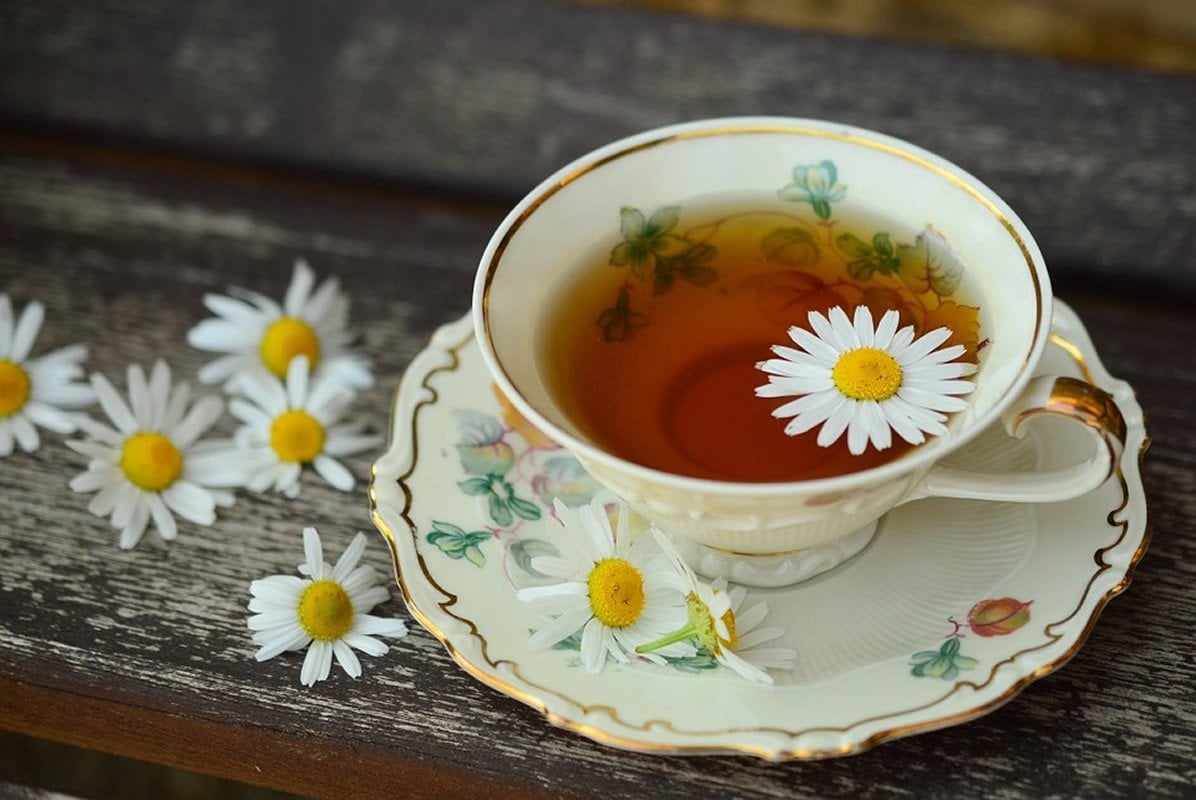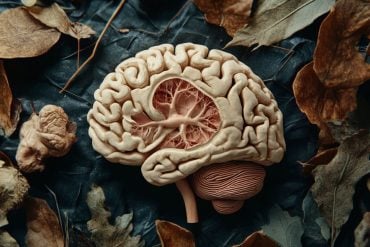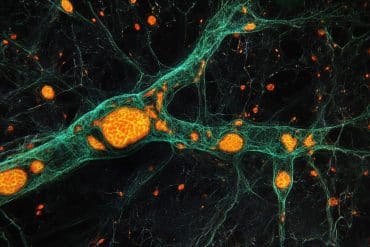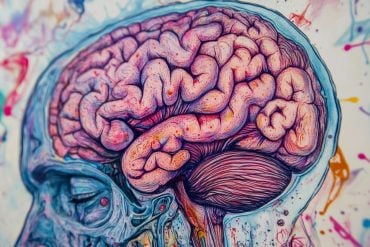Summary: Older people who drink tea at least four times a week have better brain efficiency than those who don’t, a new neuroimaging study reveals. Drinking tea is associated with better cognitive function in older people. Researchers report the study provides evidence that tea consumption has protective effects against age-related decline in brain organization.
Source: National University of Singapore
A recent study led by researchers from the National University of Singapore (NUS) revealed that regular tea drinkers have better-organized brain regions – and this is associated with healthy cognitive function – compared to non-tea drinkers. The research team made this discovery after examining neuroimaging data of 36 older adults.
“Our results offer the first evidence of positive contribution of tea drinking to brain structure, and suggest that drinking tea regularly has a protective effect against age-related decline in brain organization,” explained team leader Assistant Professor Feng Lei, who is from the Department of Psychological Medicine at the NUS Yong Loo Lin School of Medicine.
The research was carried out together with collaborators from the University of Essex and University of Cambridge, and the findings were published in the scientific journal Aging on 14 June 2019.
Benefits of regular intake of tea
Past studies have demonstrated that tea intake is beneficial to human health, and the positive effects include mood improvement and cardiovascular disease prevention. In fact, results of a longitudinal study led by Asst Prof Feng which was published in 2017 showed that daily consumption of tea can reduce the risk of cognitive decline in older persons by 50 percent.
Following this discovery, Asst Prof Feng and his team further explored the direct effect of tea on brain networks.
The research team recruited 36 adults aged 60 and above and gathered data about their health, lifestyle, and psychological well-being. The elderly participants also had to undergo neuropsychological tests and magnetic resonance imaging (MRI). The study was carried out from 2015 to 2018.
Upon analyzing the participants’ cognitive performance and imaging results, the research team found that individuals who consumed either green tea, oolong tea, or black tea at least four times a week for about 25 years had brain regions that were interconnected in a more efficient way.
“Take the analogy of road traffic as an example – consider brain regions as destinations, while the connections between brain regions are roads. When a road system is better organized, the movement of vehicles and passengers is more efficient and uses fewer resources. Similarly, when the connections between brain regions are more structured, information processing can be performed more efficiently,” explained Asst Prof Feng.

He added, “We have shown in our previous studies that tea drinkers had better cognitive function as compared to non-tea drinkers. Our current results relating to brain network indirectly support our previous findings by showing that the positive effects of regular tea drinking are the result of improved brain organization brought about by preventing disruption to interregional connections.”
Next step in the research
As cognitive performance and brain organization are intricately related, more research is needed to better understand how functions like memory emerge from brain circuits, and the possible interventions to better preserve cognition during the aging process. Asst Prof Feng and his team plan to examine the effects of tea as well as the bioactive compounds in tea can have on cognitive decline.
Source:
National University of Singapore
Media Contacts:
Carolyn Fong – National University of Singapore
Image Source:
The image is in the public domain.
Original Research: Open access
“Habitual tea drinking modulates brain efficiency: evidence from brain connectivity evaluation”. Junhua Li, Rafael Romero-Garcia, John Suckling, Lei Feng.
Aging doi:10.18632/aging.102023
Abstract
Habitual tea drinking modulates brain efficiency: evidence from brain connectivity evaluation
The majority of tea studies have relied on neuropsychological measures, and much fewer on neuroimaging measures, especially for interregional connections. To date, there has been no exploration of the effect of tea on system-level brain networks. We recruited healthy older participants to two groups according to their history of tea drinking frequency and investigated both functional and structural networks to reveal the role of tea drinking on brain organization. The results showed that tea drinking gave rise to the more efficient structural organization, but had no significant beneficial effect on the global functional organization. The suppression of hemispheric asymmetry in the structural connectivity network was observed as a result of tea drinking. We did not observe any significant effects of tea drinking on the hemispheric asymmetry of the functional connectivity network. In addition, functional connectivity strength within the default mode network (DMN) was greater for the tea-drinking group, and coexistence of increasing and decreasing connective strengths was observed in the structural connectivity of the DMN. Our study offers the first evidence of the positive contribution of tea drinking to brain structure and suggests a protective effect on age-related decline in brain organization.







